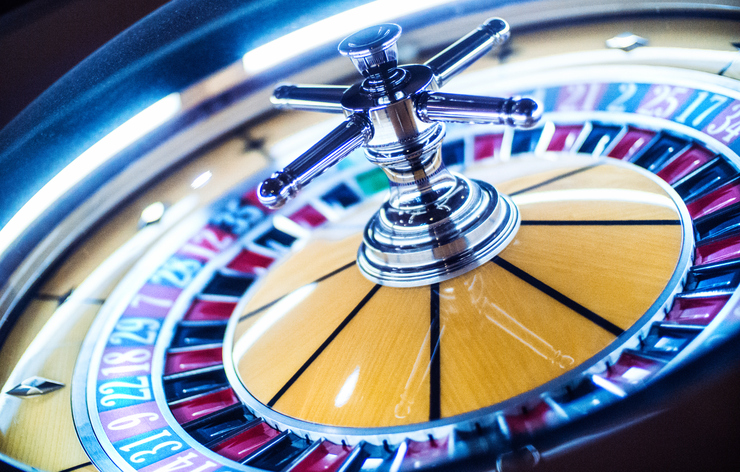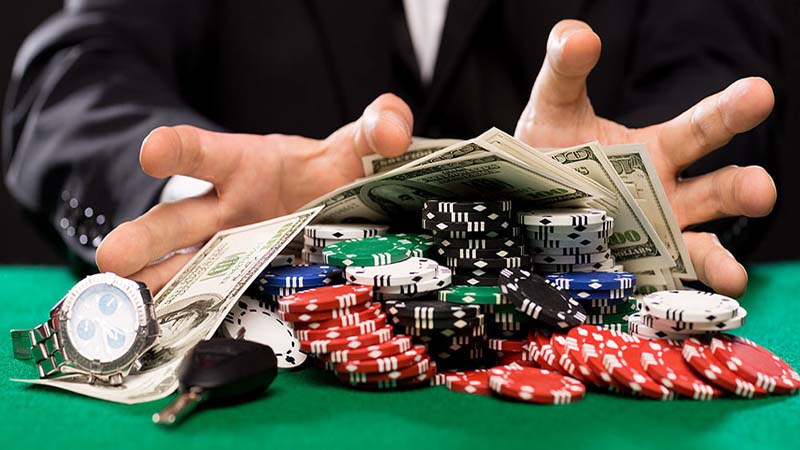What Is Problem Gambling Definition

Gambling is defined as any activity where an item of value is placed at risk in an attempt to gain something of greater value. For example, when we pay a dollar to buy a lottery ticket with the hope that we will a million dollars.
Gambling is a significant source of revenue in their respective states and the subject of controversy due to the social ills which have been argued to be connected to it, such as organized crime and gambling addiction. Relevant legal forms include: Jury Instruction - Illegal Gambling Business (Bookmaking). Labels such as “problem” gambling are used to describe individuals who are experiencing some adverse consequences as a result of their gambling but do not meet the criteria for a diagnosis of pathological gambling.
Gambling behavior can be classified into four categories:


4 Problem gambling is defined a variety of ways by the research community, from people who fall just short of the criteria for pathological gambling to persons whose gambling behavior. This includes problem gambling, which is estimated to affect as many as 1% of the population. Recent attempts to tackle the issue include plans to ban internet betting with credit cards and making.
Problem gambling is sometimes considered a hidden addiction, since the signals are not always easy to read. Whether it's you or a loved one, there are warning signs that show when it's become more than simple entertainment.
- non-problem
- low-risk
- moderate-risk
- problem gamblers
Problem Gambling Singapore

Understanding Problem Gambling Terminology
Over the past few decades there has been a lot of debate over the definition and classification of various addictive behaviors, including problem gambling. Diagnostic phrases have varied from “pathological gambling” and “compulsive gambling” to “gambling addiction” as well as the latest diagnosis, “disordered gambling.” As terms have changed, the criteria for diagnosis have changed as well. At the QCFE we most often utilize the term “problem gambling” to encompass various levels of difficulty experienced by those suffering consequences as a result of their gambling behavior.

Gambling Disorder Diagnosis
The DSM is the standard classification of mental disorders used by mental health professionals in the United States. It is currently in its fifth edition. The condition previously termed “pathological gambling” was retitled as “gambling disorder” and reclassified in the DSM-5.
The criteria for diagnosis is as follows:
“Persistent and recurrent problematic gambling behavior leading to clinically significant impairment or distress, as indicated by the individual exhibiting four (or more) of the following in a 12-month period:
What Is Problem Gambling Definition Dictionary
- Needs to gamble with increasing amounts of money in order to achieve the desired excitement.
- Is restless or irritable when attempting to cut down or stop gambling.
- Has made repeated unsuccessful efforts to control, cut back, or stop gambling.
- Is often preoccupied with gambling (e.g., having persistent thoughts of reliving past gambling experiences, handicapping or planning the next venture, thinking of ways to get money with which to gamble).
- Often gambles when feeling distressed (e.g., helpless, guilty, anxious, depressed).
- After losing money gambling, often returns another day to get even (“chasing” one’s losses).
- Lies to conceal the extent of involvement with gambling.
- Has jeopardized or lost a significant relationship, job, or educational or career opportunity because of gambling.
- Relies on others to provide money to relieve desperate financial situations caused by gambling.”